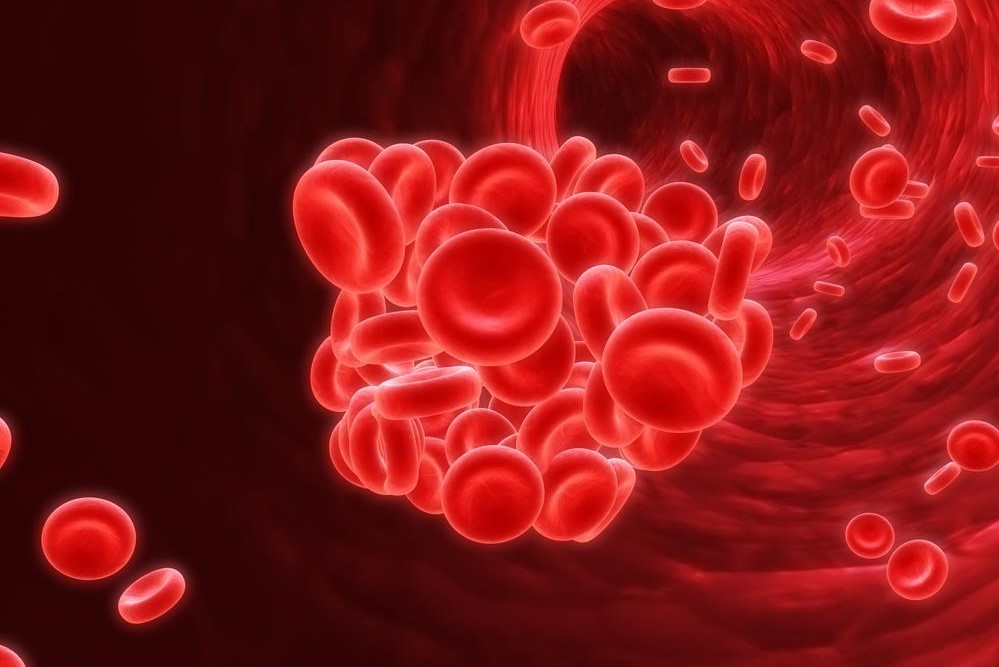Key Insights into Colon Cancer: What You Need to Know
This article offers comprehensive insights into colon cancer, covering types, symptoms, risk factors, and treatment options. It aims to educate readers about recognizing early signs, understanding different tumor types, and available medical interventions. With expert guidance, readers can better understand this disease and the importance of early diagnosis for effective management.

Understanding Colon Cancer: Essential FAQs
Colon cancer begins when abnormal cell growth forms on the colon lining, often starting as benign polyps. Some polyps remain harmless, while others may evolve into malignant tumors. In addition to polyps, cancer can develop from tumors originating in the colon's lining due to excessive cell growth. Continue reading to explore vital information about colon cancer.
What types of colon cancer exist?
Adenocarcinomas – These account for approximately 95% of colon cancer cases and originate in the inner lining cells of the colon or rectum.
Developing in the inner lining of the colon or rectum, adenocarcinomas can also spread to other organs like the lungs and breasts.
Gastrointestinal stromal tumors (GIST) – These tumors originate in the muscles of the colon wall and may be benign or malignant (sarcomas if malignant).
Lymphomas – Arising in lymph nodes, which form part of the immune system, lymphomas can also develop in the colon or rectum. They are mainly classified into Hodgkin and non-Hodgkin types.
Neuroendocrine tumors / Carcinoids – These gradually progressing tumors can form in the stomach, appendix, colon, rectum, small intestine, or lungs.
What are the symptoms of colon cancer?
Symptoms can be categorized as local and systemic, affecting different parts of the body.
Local symptoms:
These directly impact the colon and rectum, including:
Diarrhea
Constipation
Altered bowel habits
Cramping and bloating
Inadequate bowel movements
Thinner stools than usual
Systemic symptoms:
Impacting the whole body, symptoms include:
Fatigue and weakness
Unintentional weight loss
Nausea or vomiting
Anemia
Jaundice
Loss of appetite without reason
What factors increase the risk of colon cancer?
Family history, personal health background, lifestyle habits, and age are key risk factors.
Unhealthy diet and sedentary lifestyle especially elevate risk.
Incidence rates tend to be higher among men compared to women.
How is colon cancer treated?
Surgical intervention: Removing the tumor along with some surrounding tissue, lymph nodes, and affected parts of the colon or rectum. Techniques include laparoscopic surgeries and procedures like colostomy.
Radiation therapy: High-energy X-ray treatments destroy cancer cells. Options include external beam radiation and brachytherapy.
Chemotherapy: Medications are used to inhibit cancer cell growth and spread.
Which specialists manage colon cancer?
Gastroenterologist: Deals with digestive diseases.
Surgical oncologist: Performs cancer-removing surgeries.
Colorectal surgeon: Specializes in surgeries of the colon and rectum.
Radiation oncologist: Provides radiation treatment.
Medical oncologist: Administers chemotherapy and systemic treatments.
Tags: colon cancer symptoms, early signs of colon cancer, colon polyps causes, warning signs, colon cancer treatment, risk factors









